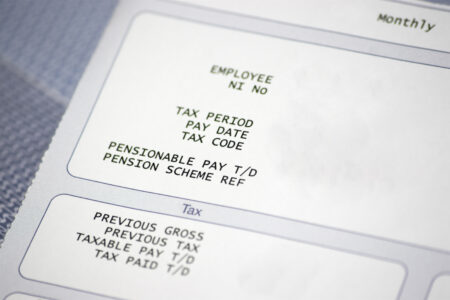An Employee Ownership Trust (EOTs) provide an effective ownership model that offers a helpful succession and company growth solution for business owners. In this article we give a simple summary of how EOTs work.
Updated 1 June 2022
In essence, a business owner sells some or all of their shareholding in a business to an EOT for the benefit of all employees. That sale is usually funded through loans secured on the company’s assets.
Key attractions of EOTs for businesses are:
- There are different models to suit a range of businesses
- EOTs have been shown to increase business growth
- The popularity of employee ownership is growing at more than 10% a year currently
- Greater employee engagement from more inclusive, transparent and effective models of governance as well as the increased financial reward
- Improved productivity – businesses are able to unlock greater performance and productivity from employees who perform their roles with greater common purpose, having become employee owners.
Background
Employee ownership trusts (EOTs) were introduced by the Government in 2014 to encourage employee-owned companies but have been gaining more popularity since the changes to Entrepreneur’s Relief in 2020.
Rebranded as business asset disposal relief (BADR), the changes set a new lifetime limit on gains eligible for the new relief. Chargeable gains covered by BADR are taxed at a 10% capital gains tax rate (instead of the previous 20%) for higher-rate taxpayers. The lifetime limit reduced from £10 million to £1 million from 11 March 2020.
Different Types of EOT
Employee ownership can take three main forms:
- Direct (individual) share ownership – here each employee becomes a shareholder, personally holding a specified number of shares.
- Indirect ownership – with this form, shares are held on behalf of employees as a whole in an employee trust. This in turn must manage the shares in the best interests of the employees, in accordance with the terms of the trust deed and the law. A trust is a legal arrangement under which assets are held by one person or a group of people (the trustee or trustees) but they are not permitted to derive any personal benefit from them. Instead, the assets must be held for the benefit of individuals (beneficiaries). In an EOT, the beneficiaries are the employees of the business.
- A hybrid of direct and indirect ownership – this form combines ownership of a strategic block of shares in an employee trust as well as individual share ownership. In this model the direct shares held must remain at less than 50% of the total shares issued.
Tax benefits
The sale of a controlling interest in a business to an EOT is entirely free of tax. This is especially attractive to owners who do not qualify for entrepreneurs’ relief (for example if they have already used up the lifetime allowance), and who might otherwise expect to pay 20% capital gains tax.
In addition, shares can be allocated to staff in a tax efficient manner, and genuine bonuses of up to £3,600 a year paid to employees of a company owned by an EOT can be exempt from income tax.
The tax relief surrounding EOTs is aimed at encouraging more employee ownership but because there has been abuse of similar provisions in the past, the new rules are defined very tightly and will not apply in many circumstances. The practical difficulties may include:
- funding the EOT given the need for it to control a majority interest in the company
- the need for senior management not to have very substantial shareholdings in their own right
Nevertheless, the sale of the business to an EOT does represent another option in addition to passing the business down to family members or a sale to a third party.
How do I get paid for my shares?
The EOT does not need to repay the ‘sellers’ on day one. Various options exist including
- the EOT borrowing money to fund the purchase from the ‘seller’
- the ‘sellers’ can be repaid over a number of years out of the retained profits of the business
There are lenders out there who are familiar with these strategies, so if this is of interest, we can help.
Some final points to note
There is no corporation tax deduction on any corporate contributions to an EOT. There is also no exemption from stamp duty on the EOT’s purchase of the company’s shares.
The EOT will have to operate for the benefit of all employees of the company or group. Any distributions of the trust will need to be available to all eligible employees on the same terms. Advantageous treatment for directors would, therefore, prevent it from qualifying for EOT reliefs.
There must be a genuine transfer of control of the company to the EOT. In general no more than 40% of the share capital after the sale to the EOT may be held by persons or their associates owning more than 5% of the company.
If you have questions about establishing an EOT for your company, please contact one of our specialists shown on this page.
Specific advice should be obtained before taking action, or refraining from taking action, in relation to the above.
Copyright © Shipleys LLP 2022













